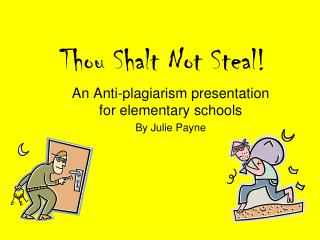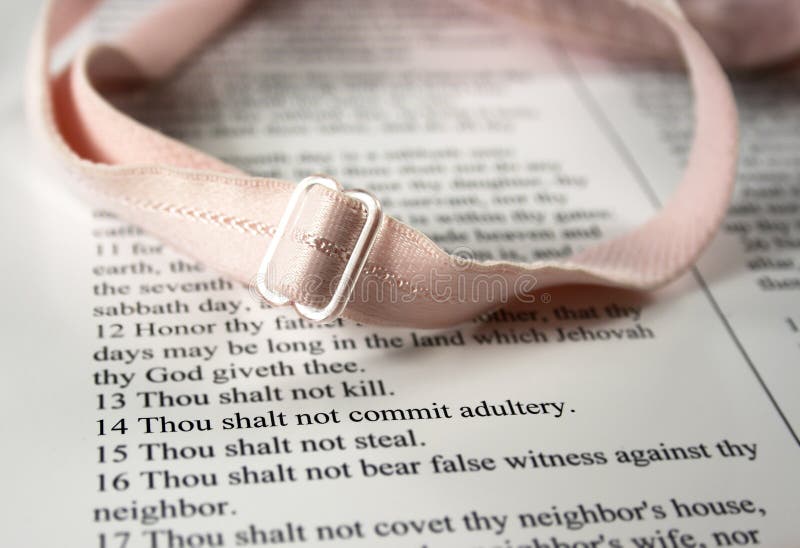

A summary of the usages of the word … ( rtsḥ) follows:Īmbiguous: four occurrences appears in lists (Exod 20:13 Deut 5:17 Jer 7:9 Hos 4:2)Īction of an animal: one occurrence: Prov 22:13Ĭourt action: One occurrence: Num 35:29-30 However the word … ( rtsḥ), the verbal form of the same word, is being translated “murder,” as is evident from a perusal of he late-twentieth-century Bible translations, nearly every time it appears in the Bible. The definition of … ( rotseaḥ) as a noun/participle has always allowed for a variety of translations. But even in some of the listed passages there are ambiguities. In Proverbs 22:13, rtsḥ is used to refer to a lion killing. In Numbers 35:29-30, rtsḥ is used to refer to a court ordered execution (p. This word clearly has a broader semantic range than “murderer,” as most scholars admit (pp. … In Numbers 35 the same word, rotseaḥ, is used to describe both a person who intentionally kills another and one who does so unintentionally. In the cities-of-refuge texts the noun rotseaḥ, “killer,” is used many times to describe a hypothetical person who kills accidentally. She then turns to the passages about the cities of refuge, which protected “only killers who were not murderers” (p. 7-9) at lists where the meaning is ambiguous (Jeremiah 7:9-10, Hosea 4:2, Exodus 20:13, Deuteronomy 5:17). 2).įor the popular distinction between “murder” and “killing” to work in the commandment, rtsḥ must always mean “murder” and must never speak more broadly or to other types of killing.īailey starts by looking (pp. … the English word ‘murder’ is too limited and too varied a legal term to function adequately as the translation for the Hebrew word rtsḥ, that the use of rtsḥ in the biblical texts indicates that the word is meant to be translated more broadly, that the verbal form of rtsḥ often appears in a list or an ambiguous phrase that makes it impossible to determine a precise meaning, and that murder is too rare a crime to merit Ten Commandment status (p. Her book: “You Shall Not Kill” or “You Shall Not Murder”? The Assault On A Biblical Text (Collegeville, MN: Liturgical Press, 2005). in Hebrew Bible are from Vanderbilt University. What does the Hebrew word mean? Does it mean “murder,” in contrast to other forms of permitted killing of human beings? That’s the subject of a monograph by Wilma Ann Bailey, Minnie Vautrin Professor Emerita of Christian Witness and of Hebrew Bible and Aramaic Scripture at Christian Theological Seminary in Indianapolis, Indiana. “If Jesus really meant that, then what about all those battles by Israel in the Old Testament? What about David and Goliath?” And so killing is excused by Christians, and even lauded as heroic, and those Christians who refuse to bear arms are seen as fanatics, or extremists, or, at best, naive (unless, of course, they receive the Medal of Honor). Those following this interpretation then go on to argue that Jesus obviously couldn’t have meant what he said in the Sermon on the Mount.


“Oh,” say some with a voice of authority, “the actual Hebrew word means ‘murder,’ it doesn’t mean other kinds of killing”–and this is most often said to justify killing in combat, or the death penalty, or killing an intruder in your home in self-defense. It seems clear.ĭesmond Doss said he got his conviction against killing because of a framed picture of the Ten Commandments that hung on a wall in his childhood home, with the sixth commandment illustrated by Cain and Abel, with a club in Cain’s hand over Abel’s lifeless body.īut today many people go to lengths to argue that the commandment doesn’t mean what it says. Since this quote comes from one of the oldest legal codes around, it's lost its pretension and has simply become a cheeky way of saying "don't." So thou shalt not worry about using it whenever thy heart doth desire.It’s one of the shortest of the Ten Commandments. If you were to drop this quote at a dinner party, would you get an in-unison "awww" or would everyone roll their eyes and never invite you back? Here it is, on a scale of 1-10. "Thou shalt not"s get thrown around all the time. Just putting the words "thou shalt not" in front of something gives them a certain weight, doesn't it? "No cuts, no butts, no coconuts" just doesn't have the gravitas of "Thou shalt not cut, thou shalt not butt, thou shalt not coconut." Their simple, repetitive structure makes them almost as hard to forget as they sometimes are to keep. God speaks 'em to Moses when he goes up to Mount Sinai amid fire and smoke and earthquakes.

These are the often imitated, never duplicated thou shalts and thou shalt nots from the Ten Commandments. Religion Exodus Love Life Relationship Faith Death Bible Writers Bible Context


 0 kommentar(er)
0 kommentar(er)
